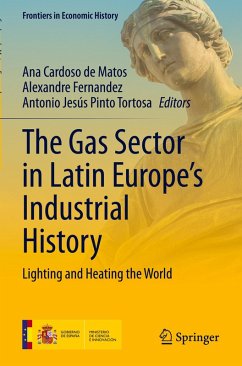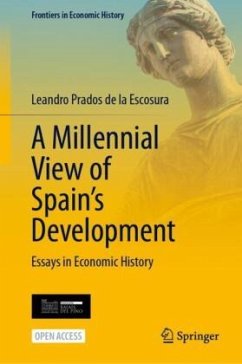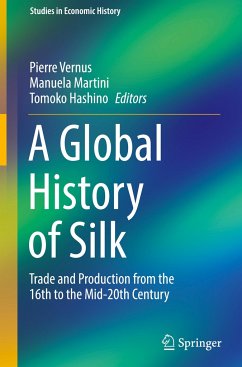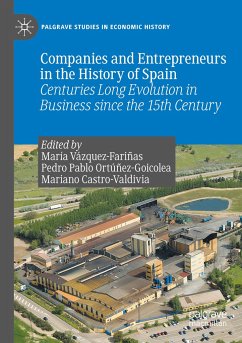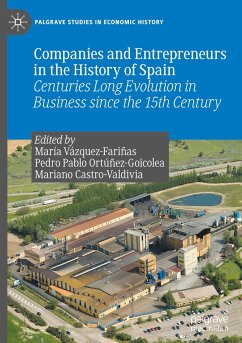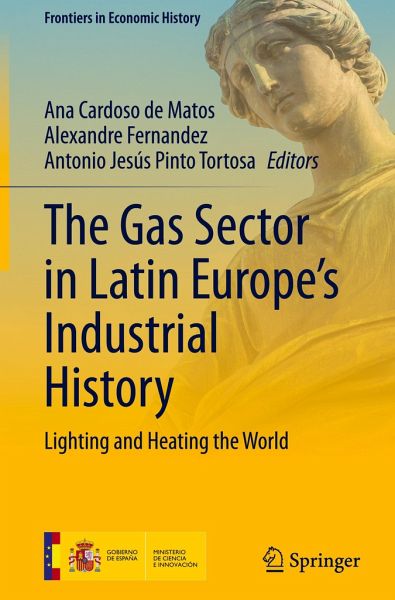
The Gas Sector in Latin Europe's Industrial History
Lighting and Heating the World
Herausgegeben: Cardoso de Matos, Ana; Fernandez, Alexandre; Jesús Pinto Tortosa, Antonio

PAYBACK Punkte
61 °P sammeln!
This volume sheds light on the technical and institutional handicaps that the gas industry had to face since the early 19th century to consolidate its position in the energy market. It traces the history of gas energy use in a European context to understand the reasons for its crucial nature in the region. Going back to the start of gas production in England and France at the turn of the 18th century, the book has a specific focus on Latin Europe: Portugal, Spain, France, and Italy.Topics discussed include, but are not limited to the evolution of gas technology and associations; capital, techn...
This volume sheds light on the technical and institutional handicaps that the gas industry had to face since the early 19th century to consolidate its position in the energy market. It traces the history of gas energy use in a European context to understand the reasons for its crucial nature in the region. Going back to the start of gas production in England and France at the turn of the 18th century, the book has a specific focus on Latin Europe: Portugal, Spain, France, and Italy.
Topics discussed include, but are not limited to the evolution of gas technology and associations; capital, technical, and human transfer among countries; strategies carried out by gas companies to promote their activity; how gas companies adapted to changing markets, faced with the competition of electricity at the end of the 19th century, until late 20th century; and how war, especially the Second World War, affected gas supply in Latin Europe. Finally, the volume discusses the emerginguse of natural gas by France and Italy after 1945, which meant a quantitative advantage compared to their neighbors in Latin Europe, Portugal and Spain, as well as a political advantage, in terms of energetic independence.
The book will appeal to scholars, students, and researchers of economic history, business history, as well as technological history, interested in a better understanding of the evolution of gas into a major energy source, a role that it has kept until today.
Topics discussed include, but are not limited to the evolution of gas technology and associations; capital, technical, and human transfer among countries; strategies carried out by gas companies to promote their activity; how gas companies adapted to changing markets, faced with the competition of electricity at the end of the 19th century, until late 20th century; and how war, especially the Second World War, affected gas supply in Latin Europe. Finally, the volume discusses the emerginguse of natural gas by France and Italy after 1945, which meant a quantitative advantage compared to their neighbors in Latin Europe, Portugal and Spain, as well as a political advantage, in terms of energetic independence.
The book will appeal to scholars, students, and researchers of economic history, business history, as well as technological history, interested in a better understanding of the evolution of gas into a major energy source, a role that it has kept until today.



